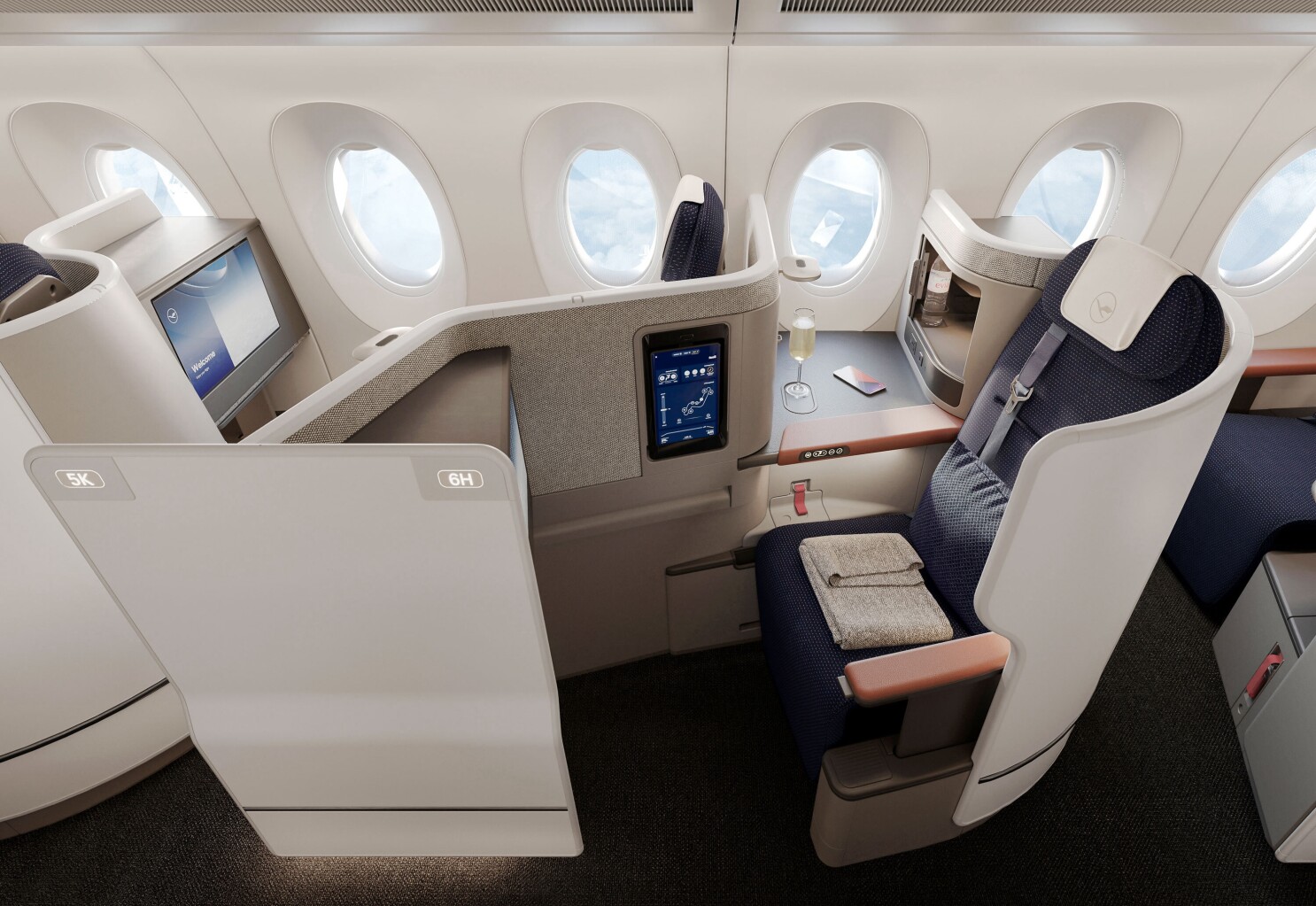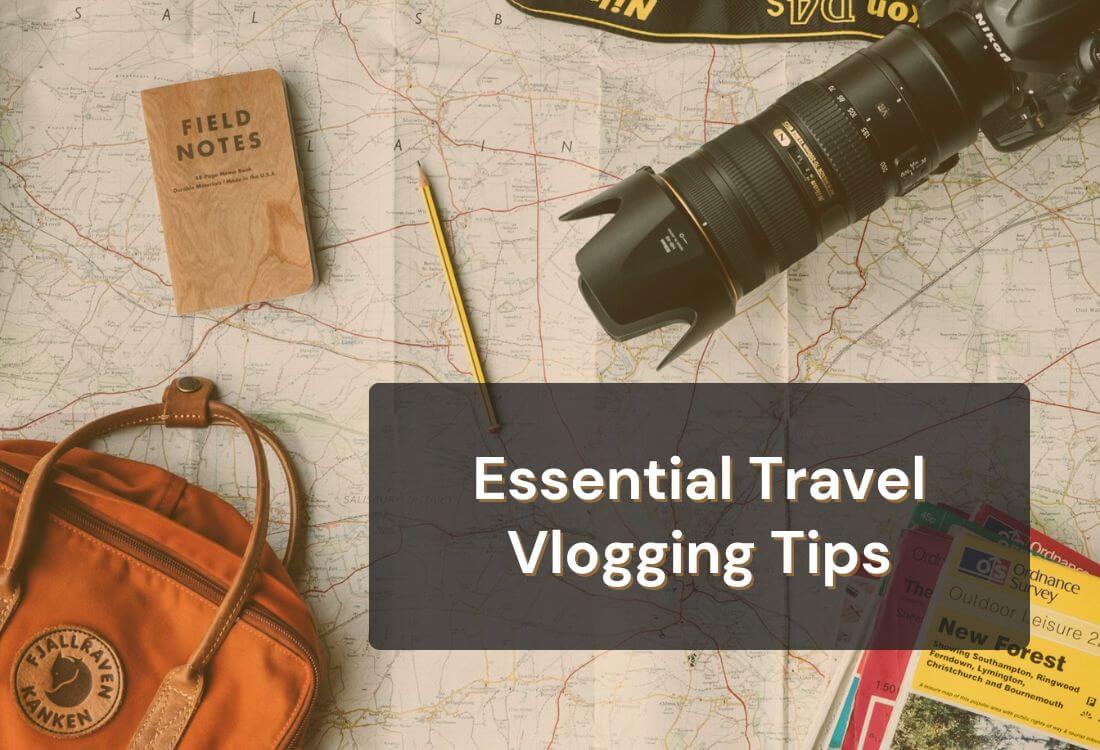How to incorporate expense control in your tourist stops: tips to keep your budget in check during the trip

Exploring the Joys of Travel without Breaking the Bank
Traveling can be one of life’s most enriching experiences, offering new perspectives and adventures. However, for many, the thought of increasing expenses can dampen the excitement. To avoid overspending and ensure your travels remain enjoyable, incorporating effective expense control strategies is essential. This will allow you to fully embrace the beauty of iconic national parks or the cultural richness of vibrant cities without constantly worrying about your budget.
A well-planned trip begins with in-depth research. Before heading to your chosen destination, investigate free or discounted attractions. For example, if you are planning a trip to Washington, D.C., you will find that many national museums and galleries are free to enter, including the Smithsonian Institution. Similarly, outdoor spaces like the National Mall provide a stunning backdrop at no cost, allowing you to immerse yourself in history and nature without denting your wallet.
Setting a daily spending limit is another critical component of maintaining a balanced budget. By calculating how much money you can afford to spend every day, you can prioritize activities, meals, and souvenirs without the fear of exceeding your overall budget. For instance, if you allocate $100 per day for a week-long trip, it creates a manageable framework that can help guide your decisions. You can mix splurges, like dining at a famous local restaurant, with cost-effective choices, such as packing a picnic for a day exploring a national park.
Furthermore, technology can be an invaluable ally in expense tracking. Various budget apps, like Mint or YNAB (You Need A Budget), allow travelers to monitor expenses in real-time, helping you stay aware of your spending habits. With these apps, you can categorize your expenses and receive notifications when you approach your daily limit, making it easier to adjust your plans as needed.
Don’t forget to take advantage of local discounts. Many cities offer tourist passes that provide access to multiple attractions and often include public transportation at a discounted rate. For instance, in New York City, the New York Pass allows entry to over 100 attractions and can save you considerable money if you plan to visit multiple sites in a day. Always check municipal websites or visitor centers for any ongoing deals or discounted admission options.

Incorporating these essential tips into your travel plans can ensure that your experiences remain unforgettable without financial stress looming over you. By actively managing your expenses while embracing your surroundings, you can redefine travel for yourself, transforming every journey into a joyous adventure. Remember, the thrill of exploration should be as enjoyable as the destinations themselves.
DIVE DEEPER: Click here to discover innovative travel planning solutions
Smart Strategies for Expense Management on Your Travels
When embarking on a travel adventure, the thrill of new experiences often comes hand-in-hand with financial considerations. Staying within your budget doesn’t have to be a cumbersome task; instead, it can become an integral part of your journey. Here are some practical tips to help you incorporate expense control into your tourist stops without sacrificing enjoyment.
Prioritize Free Activities: Unveiling local culture does not always mean paying hefty entrance fees. Many destinations boast a plethora of free activities, such as festivals, public parks, and historical landmarks. For instance, in San Francisco, you can wander across the iconic Golden Gate Bridge, exploring breathtaking views without spending a dime. Research local calendars for events or festivals during your visit; these often provide an engaging glimpse into the locale’s culture and history at no cost.
- Check Local Listings: Websites like Eventbrite and Meetup provide information on free or low-cost local activities.
- Explore Natural Beauties: Hiking trails, beaches, and public gardens can serve both relaxation and adventure without a price tag.
- Visit Community Markets: These not only provide affordable shopping opportunities but also offer insights into local life.
Nuanced Dining Options: Meals can be one of the biggest travel expenses, but with a bit of strategy, you can enjoy exploring local cuisine while keeping costs in check. Rather than dining out for every meal, consider alternating between sit-down restaurants and more budget-friendly options. Food trucks, local markets, and casual cafés often serve authentic dishes at prices that prop up your travel budget. Additionally, opting for lunches instead of dinners can often yield savings, as many restaurants offer lunch specials.
Utilize Public Transportation: If you’re visiting a city where driving may contribute to high parking fees or fuel costs, consider utilizing public transportation. Many cities boast comprehensive public transit systems, with options ranging from subways to buses. For travelers in Washington, D.C., the Metro system connects key areas efficiently and affordably. Often, purchasing multi-day passes is more economical and can expedite your travel, allowing you to hop from one attraction to another without the hassle of finding parking.
Budget for Souvenirs: While it’s tempting to collect mementos from your travels, it’s wise to set limits. Assign a designated amount for souvenirs and stick to it. Consider local artisans and smaller vendors, which often present unique, meaningful items at lower prices than larger tourist shops. By being intentional about what you purchase and why, you can bring home cherished memories without excessive spending.
By employing these tips into your travel planning, you can maintain a healthy budget while enhancing your overall experience. Achieving a balance that allows you to explore, indulge, and save is not just possible; it can redefine what travel means for you, ensuring that every stop is memorable without the financial burdens that can sometimes accompany adventure.
Incorporating effective expense control strategies during your travels can significantly enhance your overall experience while keeping your budget in check. One of the most beneficial ways to manage your finances on the go is through the use of travel rewards credit cards. These cards not only help track your spending but also offer various perks to maximize your travel budget.
| Category | Benefits |
|---|---|
| Budget Tracking | Allows easy monitoring of daily expenses, helping to stick to your allocated budget. |
| Rewards Programs | Earn points or cashback on travel-related purchases, which can be redeemed for future trips or upgrades. |
Another effective approach is to capitalize on travel apps designed for expense management. These apps provide tools to set budgets, categorize expenses, and even alert you when you’re nearing your spending limits. Being informed in real time can enhance your decision-making, allowing you to make informed choices about your spending while enjoying your trip.
Consider the power of group travel discounts. When traveling with friends or family, look for group rates on accommodations and activities. You may find significant savings that can be allocated to adventurous excursions or culinary experiences, elevating your trip without breaking the bank. Additionally, try to prioritize free or low-cost activities that can enrich your travel without adding stress to your finances.
DISCOVER MORE: Click here to embark on an unforgettable journey
Maximizing Your Travel Budget with Thoughtful Planning
When it comes to keeping your travel costs manageable, thoughtful planning can make all the difference. From the moment you choose your itinerary to the last souvenir you purchase, every decision impacts your overall budget. Here are additional strategies to incorporate expense control seamlessly into your tourist experiences.
Leverage Accommodation Options: Staying in a hotel might not always be the most cost-effective choice. Explore alternatives such as hostels, vacation rentals through platforms like Airbnb, or even house-swapping if you’re feeling adventurous. Many cities also offer unique accommodations, such as converted buses, treehouses, or yurts that provide a memorable stay at a lower rate. Additionally, consider booking your accommodations well in advance; early-bird discounts can offer substantial savings, especially in popular destinations where prices soar as dates approach.
- Stay Outside the City Center: While central locations are convenient, hotels further out often come at a fraction of the price. Plus, you may be able to experience a more authentic slice of local culture.
- Check for Deals and Discounts: Websites like Groupon can provide great deals on lodging, dining, and activities, enabling you to experience more for less.
- Friends and Family Connections: If you have acquaintances in your destination area, consider requesting to stay with them or see if they can recommend affordable local accommodations.
Plan Your Itinerary Wisely: A well-planned itinerary can ultimately save you both time and money. Prioritize attractions you genuinely want to visit and explore them on the same day to reduce transportation costs. Take advantage of multi-attraction passes offered by many tourist destinations, which bundle entry fees for various attractions, often resulting in significant savings. For example, cities like Chicago offer a CityPASS that allows entry to multiple popular sites at a reduced cost.
Be Savvy with Currency Exchange: If you’re traveling internationally, be mindful of currency conversion rates. Avoid exchanging money at airports where rates tend to be inflated. Instead, opt for local banks or ATMs for better rates, and consider using a travel credit card that does not charge foreign transaction fees. For travelers heading to more rural areas, ensure you carry some local currency for small purchases, as many vendors may not accept credit cards.
- Download Currency Apps: Utilize apps like XE Currency to track conversion rates and help you budget appropriately during your trip.
- Plan for Local Tipping Customs: Familiarize yourself with tipping etiquette in your destination to avoid unnecessary expenditures while still being respectful to service workers.
Engage with Locals: Don’t hesitate to strike up conversations with locals, as they can offer insider tips on hidden gems that won’t break the bank. Ask for recommendations for affordable dining spots or lesser-known attractions that may not be highlighted on tourist maps. Participating in free walking tours can also provide you with both historical insights and an introduction to budget-friendly options throughout your journey.
By implementing these strategies, you will enhance your travel experience without overextending your financial limits. With informed decisions and strategic planning, enjoying your adventure while maintaining a balanced budget is entirely achievable. Each smart financial choice you make contributes to a richer travel narrative, allowing you to return home with a wealth of experiences without the weight of financial stress.
DISCOVER MORE: Click here to learn about adapting your travel itineraries
Conclusion: Defining a Budget-Friendly Travel Experience
To successfully navigate the world of travel while maintaining a firm grip on your finances, the incorporation of expense control strategies is essential. By carefully planning your trip, embracing alternative accommodations, and remaining aware of local customs, you can not only enjoy your journey, but also prioritize your budget without sacrificing experiences. The key lies in the details, from securing early booking discounts to using multi-attraction passes—each decision helps to construct a well-rounded adventure that is economically viable.
Moreover, tapping into local knowledge and utilizing technology can vastly improve your travel encounters while keeping costs low. Engaging with residents can uncover hidden gems that offer authentic experiences away from the tourist traps, allowing you to immerse yourself in local culture beyond the mainstream attractions. The beauty of travel is captured not just in the sights, but also in the stories crafted through intentional experiences that cater to your budget constraints.
Ultimately, by adopting these budget management tips, travelers can create memories that will last a lifetime without the lingering fears of overspending. As you embark on your next adventure, remember that a little forethought can go a long way in ensuring your financial well-being while discovering the world’s wonders. With each smart choice, you pave the way for a journey filled with both adventure and fiscal responsibility, ensuring you come back home with stories rather than stress.


